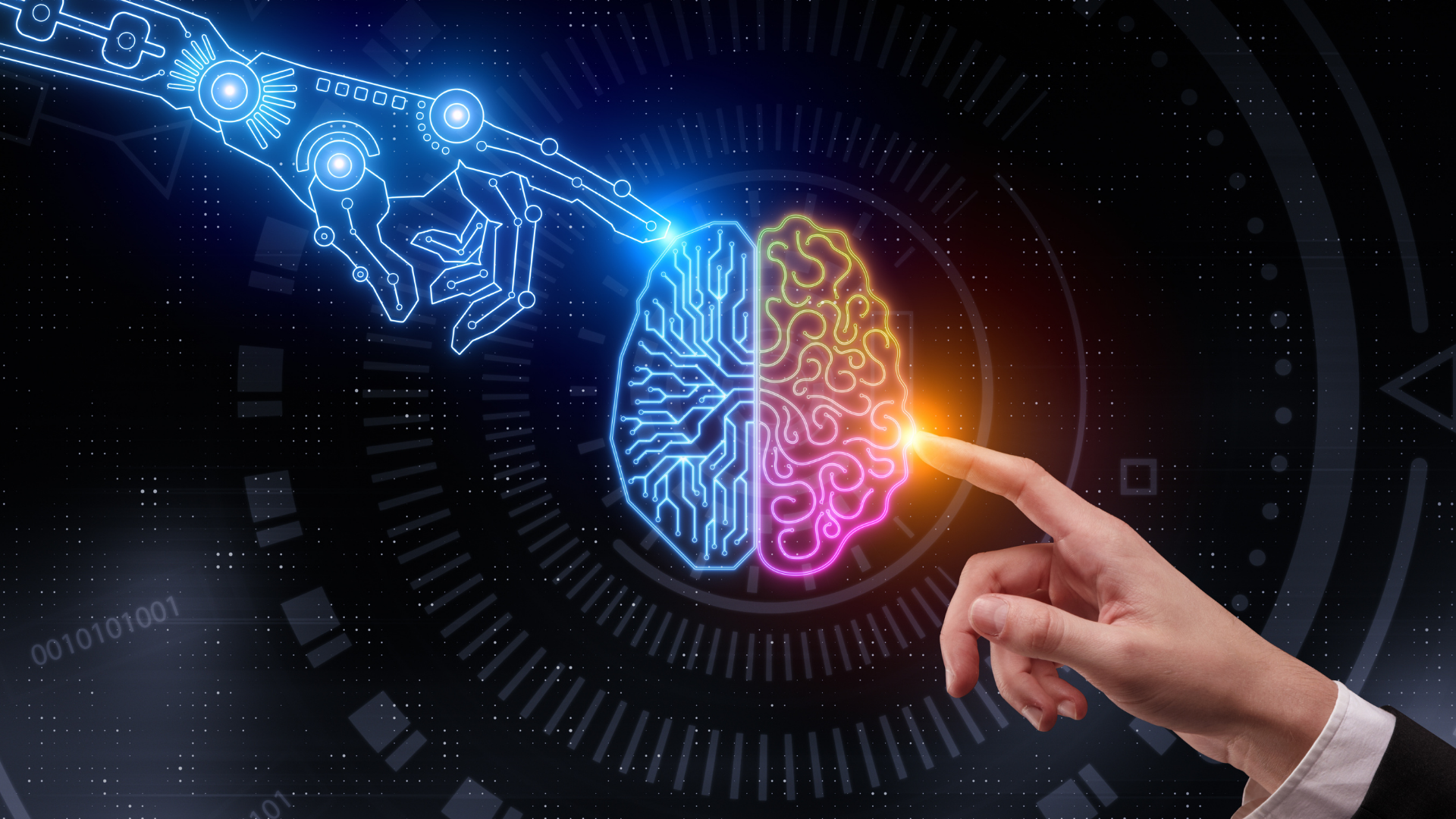Exciting Potential Artificial Intelligence (AI) has emerged as a transformative force, reshaping the way we live and interact with technology. From personal assistants and healthcare to transportation, the potential of AI in our everyday lives is nothing short of exciting.
Understanding the basics of AI and its applications across different industries allows us to fully grasp its impact and appreciate the possibilities it offers. In this article, we will explore the incredible potential of AI in enhancing our daily experiences, revolutionizing industries, and paving the way for a future where intelligent machines seamlessly integrate into our lives.
Understanding Artificial Intelligence
Artificial Intelligence (AI) has become a ubiquitous presence in our daily lives, revolutionizing the way we interact with technology. Understanding the basics of AI is essential to grasp its exciting potential and the impact it has on various industries.
At its core, AI refers to computer systems that can perform tasks that typically require human intelligence. Machine learning, a subset of AI, enables computers to learn and improve from experience without being explicitly programmed. Neural networks, modeled after the human brain, play a crucial role in AI by processing complex information and making predictions.
AI has permeated our lives in countless ways. Voice assistants like Siri, Google Assistant, and Amazon Alexa are prime examples of AI-powered technologies that use natural language processing and machine learning algorithms to understand and respond to user commands. These personal assistants are capable of performing tasks such as setting reminders, answering questions, and even controlling smart home devices.
AI in Healthcare
One of the most promising applications of AI is in the healthcare industry. With its ability to analyze vast amounts of medical data, AI algorithms can assist in diagnosing diseases, improving patient outcomes, and optimizing treatment plans.
For instance, IBM Watson, a renowned AI system, has been used in cancer research, analyzing medical literature and patient data to aid in personalized treatment recommendations. AI-powered algorithms can also analyze medical images, such as X-rays and MRIs, helping doctors detect abnormalities and make more accurate diagnoses.
AI in Transportation
The transportation industry is undergoing a significant transformation with the advent of AI. Self-driving cars, enabled by AI algorithms, have the potential to revolutionize the way we commute and improve road safety.
AI enables these autonomous vehicles to perceive and interpret their surroundings, making informed decisions in real-time. By analyzing sensor data, including radar, lidar, and cameras, self-driving cars can navigate roads, avoid obstacles, and adapt to changing traffic conditions. Companies like Tesla, Waymo, and Uber are investing heavily in self-driving technology, paving the way for a future with efficient and safer transportation.
Additionally, AI is used in ride-sharing platforms to optimize routes and pricing. By analyzing historical data and real-time demand patterns, algorithms can predict the most efficient routes, reducing travel time and congestion. This optimization not only benefits passengers but also contributes to reducing greenhouse gas emissions.
Conclusion:
In conclusion, the potential of Artificial Intelligence (AI) in everyday life is truly exciting. From personal assistants that simplify our tasks to healthcare advancements that improve diagnosis and treatment, AI is transforming various industries. The transportation sector is experiencing a paradigm shift with self-driving cars and optimized ride-sharing platforms.
However, as we embrace AI’s potential, we must address ethical concerns and ensure responsible development. Privacy, algorithmic bias, and job displacement are among the challenges that need attention. By navigating these challenges with thoughtful regulation and ethical considerations, we can unlock the full potential of AI while creating a future where humans and intelligent machines coexist harmoniously.

